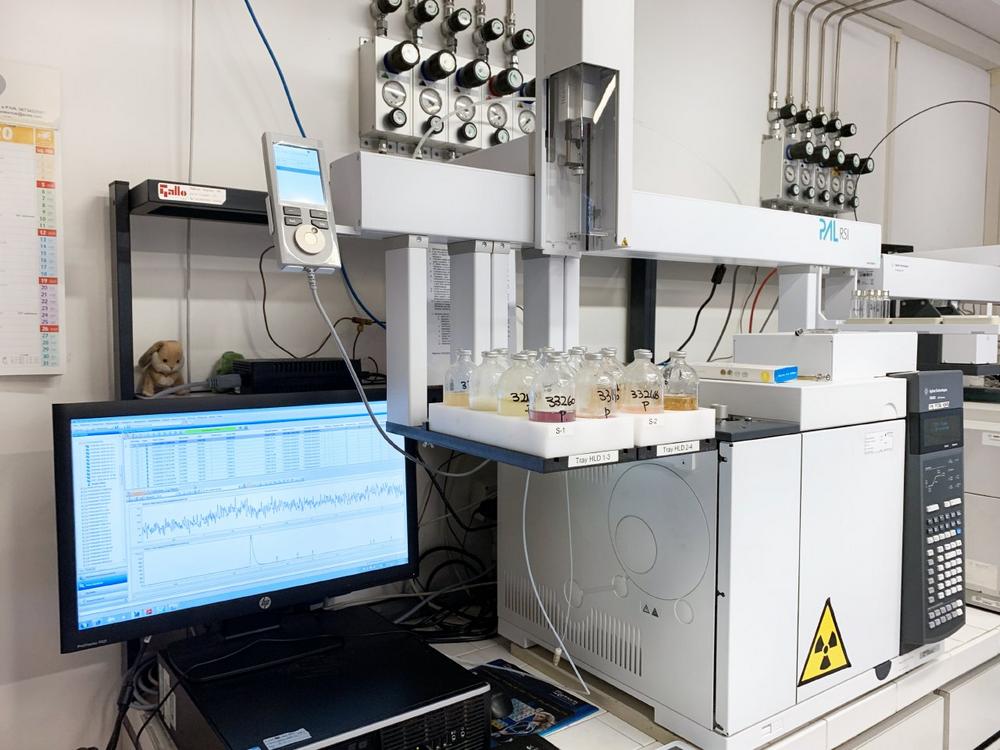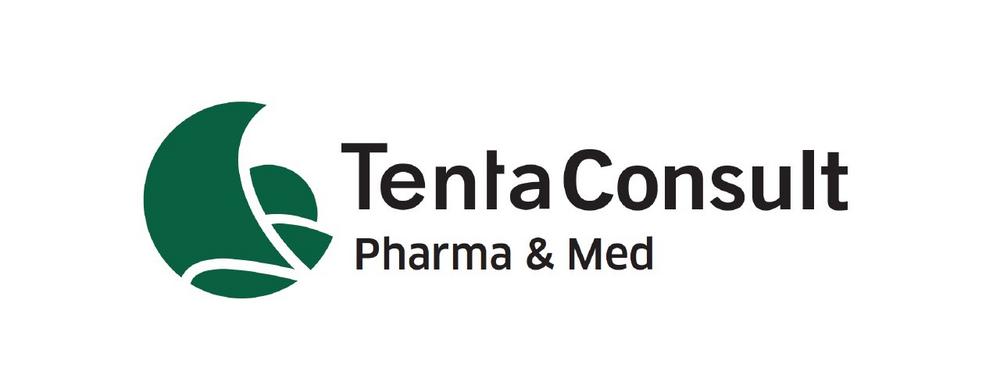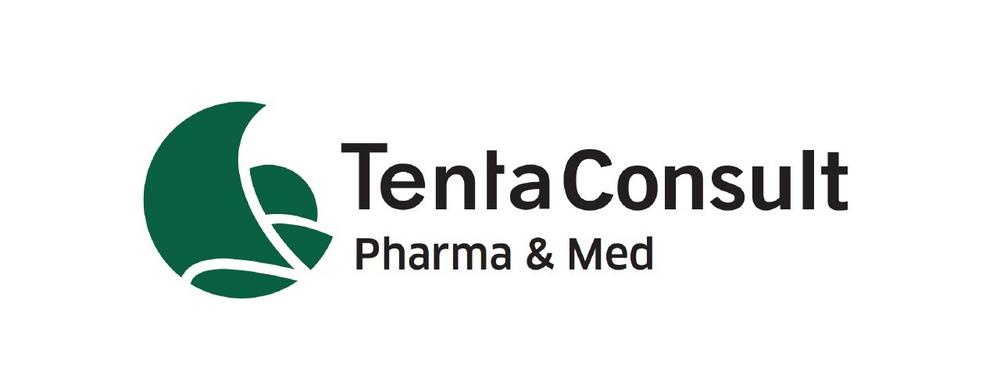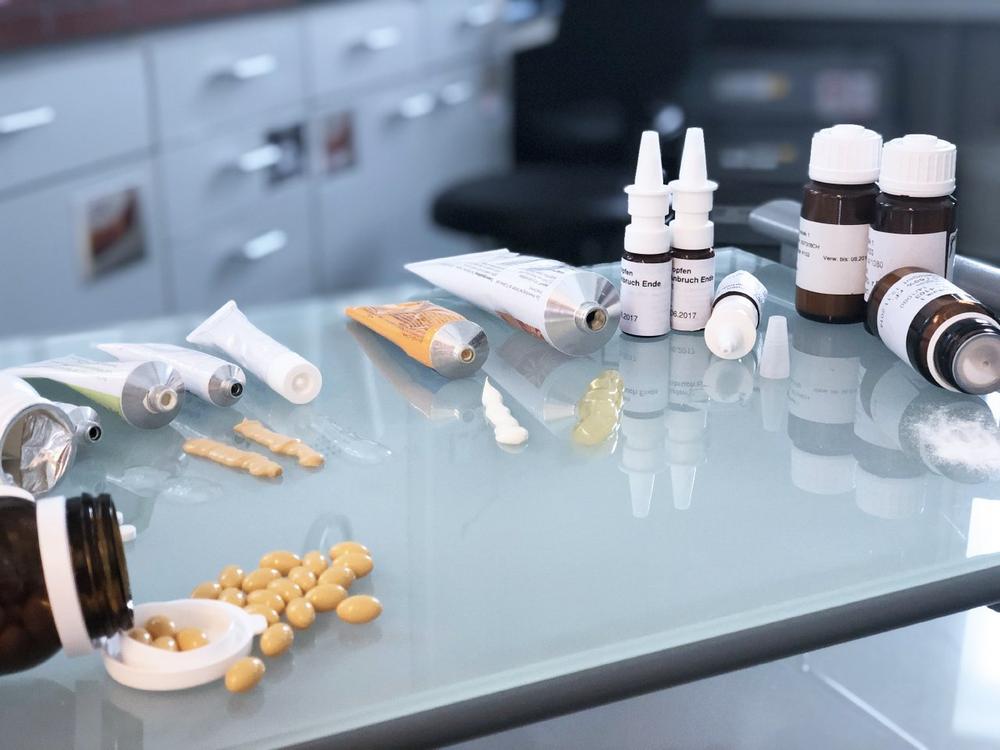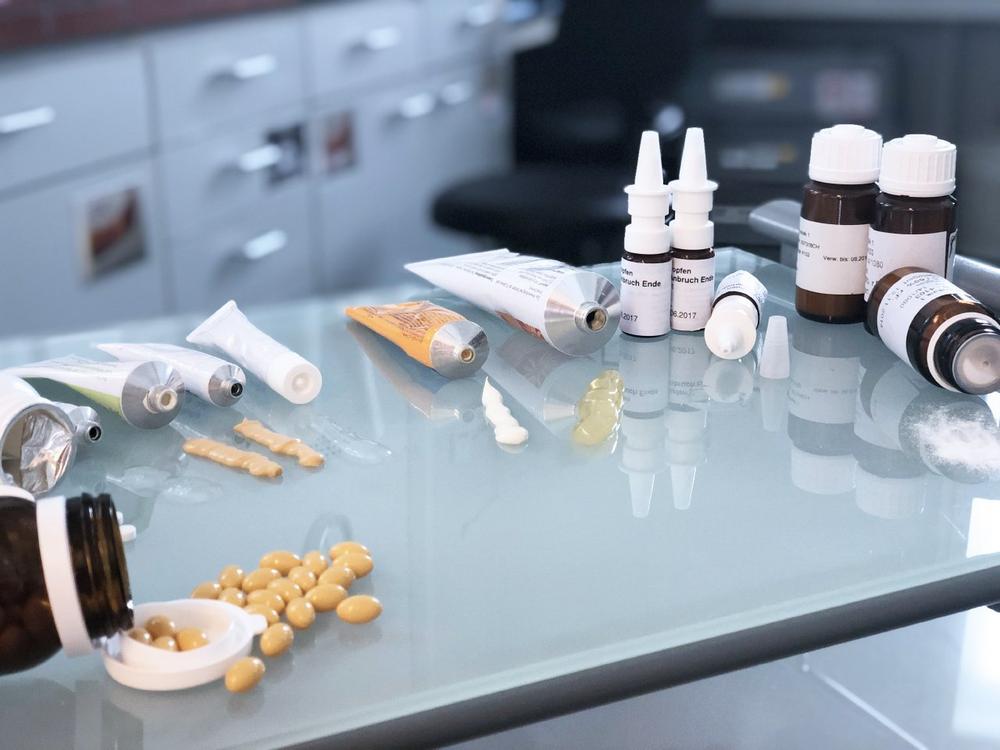At Tentamus Group, we are happy to announce the launch of a new web tool capable of combining the results of the analysis of the coronavirus (SARS-CoV-2) in wastewater together with indicators of health evolution: TENTAMUS WATCHER. The software generates graphics and visual information about the evolution of the coronavirus in cities and municipalities. It […]
continue reading

